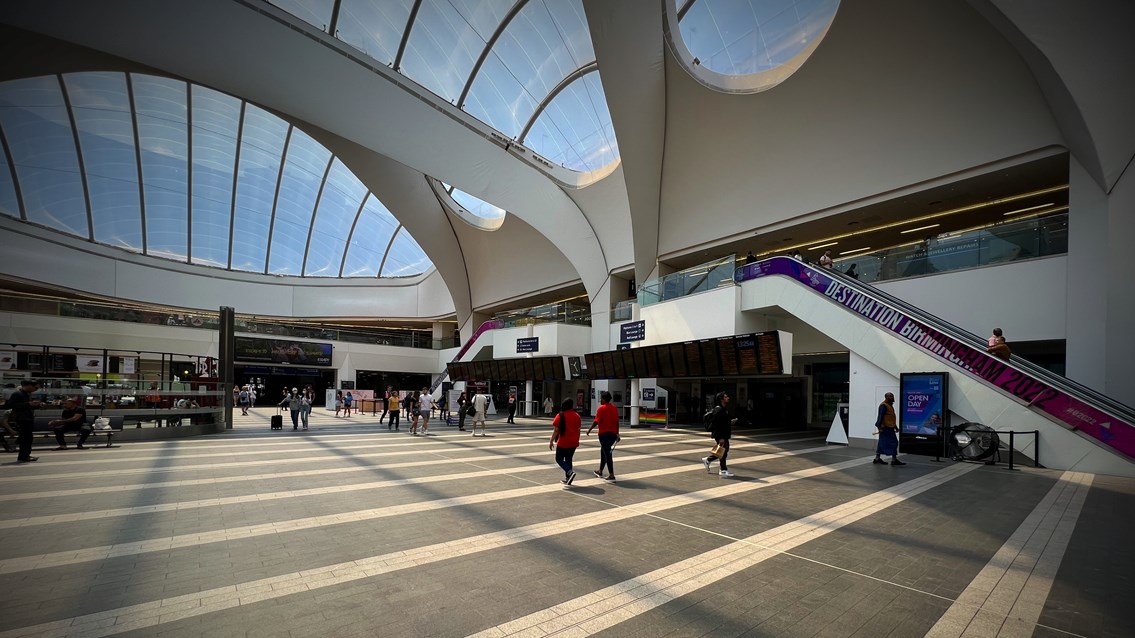Passengers planning on travelling during a third day of RMT strike action yesterday were being warned not to get caught out with trains finishing much earlier than normal. Many last trains were set to leave between 3pm and 5pm and arrive at their final destinations before 7pm.
Birmingham New Street station was closed completely at 7pm yesterday evening. People are once again being advised to only travel by rail if necessary tomorrow (25 June) because of the continuing staff walkouts by RMT union members.
Passengers who still need to travel should check www.nationalrail.co.uk so they know exactly what to expect. People can also check with their individual train operators through these links:
- Avanti West Coast’s information page
- West Midlands Railways' information page
- London Northwestern Railway's information page
- CrossCountry’s information page
- Transport for Wales’ information page
Network Rail is trying to give passengers the best service it possibly can but trains will be significantly reduced or not running at all on some routes. The 20% of trains which will be running will only operate between 7:30am and 6:30pm.
The entire rail network will be open today (Sunday 26 June) with around 60% of services running, but some disruption is still expected and passengers should continue to check before they travel. A full timetable will be in place tomorrow (Monday 27 June).
Denise Wetton, Network Rail’s Central route director, said: “We’ve been working hard all week negotiating with the RMT union and it’s hugely disappointing our two sides have not been able to reach a compromise, leading to a third, damaging day of strike action which will now impact weekend rail travel.
“I’m hugely sorry that people’s family and leisure time will be disrupted, and for those who will once again struggle getting to work. Our advice is to please only travel if you must and regularly check National Rail Enquiries as the few services which will be running will finish early in the afternoon and I don’t want people to be caught out unable to get home again from a day trip.”
This week’s strike action on Tuesday 21, Thursday 23 and Saturday 25 June is likely to have cost the rail industry up to £150m in lost revenue and costs associated with aborting upgrade works.
The RMT deliberately chose to strike every other day to cause as much disruption as possible, with insufficient time between strike days to recover to a normal service.
This undermines the industry’s recovery from the pandemic and wasting money that could otherwise have gone towards funding a pay increase for employees.
For all travel information, including reduced timetables as a result of strike action, see National Rail Enquiries.










